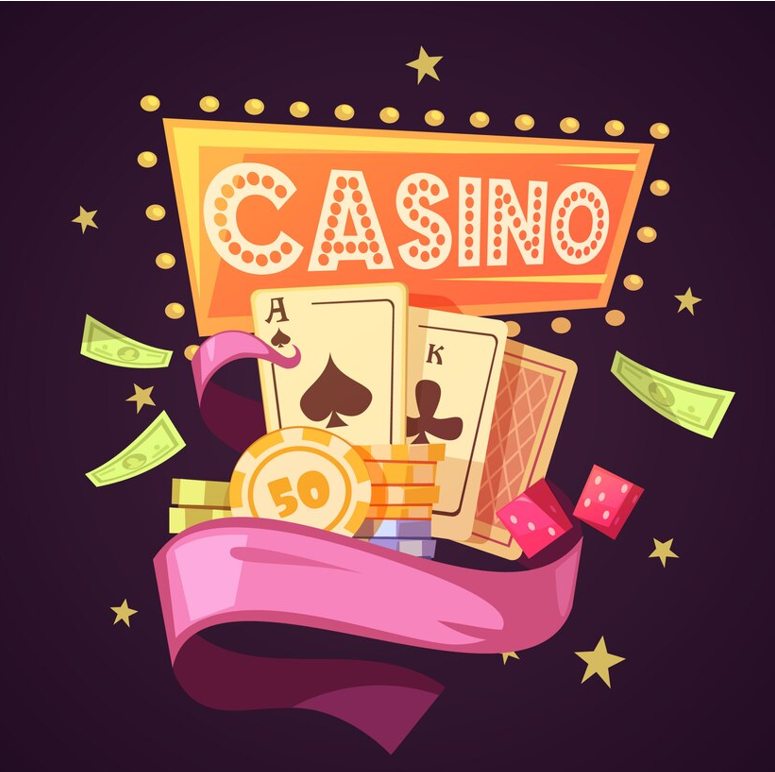The Science of Slot Game Addiction: Understanding the Triggers
Slot games, known for their bright lights, exciting sounds, and potential for big wins, have become a popular form of entertainment worldwide. While they offer fun and excitement, these games can also lead to addictive behaviors for some players. Understanding the science behind slot game addiction and identifying the triggers can help players enjoy these games responsibly.
The Allure of Slot Games
Slot games are designed to be enticing. The combination of vibrant visuals, engaging sound effects, and the possibility of winning creates a thrilling experience. Here are some key elements that contribute to their appeal:
1. Random Rewards
One of the primary elements that make slot games addictive is the random reward system. Unlike games that provide consistent rewards, slot games operate on a variable ratio reinforcement schedule. This means that wins occur randomly and unpredictably, keeping players engaged and eager to continue playing in the hopes of hitting a jackpot.
2. Sensory Stimulation
Slot machines are crafted to stimulate multiple senses simultaneously. Flashing lights, colorful graphics, and captivating sounds create an immersive experience. This sensory overload can be exhilarating and keeps players coming back for more.
3. Near Misses
Slot games often incorporate near-miss scenarios, where symbols line up close to a winning combination. These near misses create a sense of almost winning, which can be more motivating than actual wins. The brain perceives near misses as a sign of progress, encouraging players to keep playing.
The Psychological Triggers
Understanding the psychological triggers behind slot gacor game addiction involves delving into how these games affect the brain. Here are some of the main psychological factors:
1. Dopamine Release
Playing slot games triggers the release of dopamine, a neurotransmitter associated with pleasure and reward. Each spin, win, or near miss can release a burst of dopamine, creating a sense of enjoyment and excitement. This chemical reaction reinforces the behavior, making players want to continue playing.
2. Illusion of Control
Many players believe that they can influence the outcome of a spin, even though slot games are based on chance. This illusion of control can lead to prolonged play, as players think they have a better chance of winning if they continue to play or use specific strategies.
3. Escapism
For some, slot games provide an escape from reality. The immersive nature of these games allows players to momentarily forget their problems and focus solely on the game. This form of escapism can be particularly appealing during stressful times, leading to increased playtime.
4. Chasing Losses
When players experience a loss, they may feel compelled to continue playing to recover their losses. This behavior, known as “chasing losses,” can lead to extended play sessions and increased spending. The belief that a big win is just around the corner keeps players engaged, despite previous losses.
Responsible Gaming Practices
Understanding the triggers of slot game addiction is crucial for promoting responsible gaming. Here are some tips for enjoying slot games responsibly:
1. Set Limits
Before playing, set a budget for how much you are willing to spend and stick to it. Setting time limits can also help prevent excessive play. Once you reach your limit, stop playing, regardless of whether you are winning or losing.
2. Take Breaks
Taking regular breaks can help prevent immersion and keep the experience enjoyable. Step away from the game periodically to maintain a healthy balance and avoid getting lost in the game.
3. Understand the Odds
Educate yourself about how slot games work and the odds of winning. Understanding that these games are based on chance can help manage expectations and reduce the temptation to chase losses.
4. Seek Help if Needed
If you find that playing slot games is negatively impacting your life, seek help. Many organizations offer support for individuals struggling with gambling addiction. Seeking help early can prevent more serious issues down the line.
Conclusion
Slot games are designed to be fun and exciting, offering players a chance to win big while enjoying an immersive gaming experience. Understanding the science behind slot game addiction and the psychological triggers can help players make informed decisions and enjoy these games responsibly. By setting limits, taking breaks, and understanding the odds, players can ensure that their gaming experience remains enjoyable and within control. Remember, the key to enjoying slot games is to play responsibly and be aware of the potential triggers that can lead to addictive behaviors.





